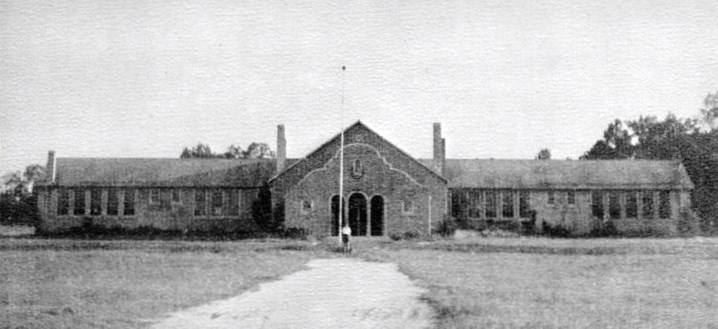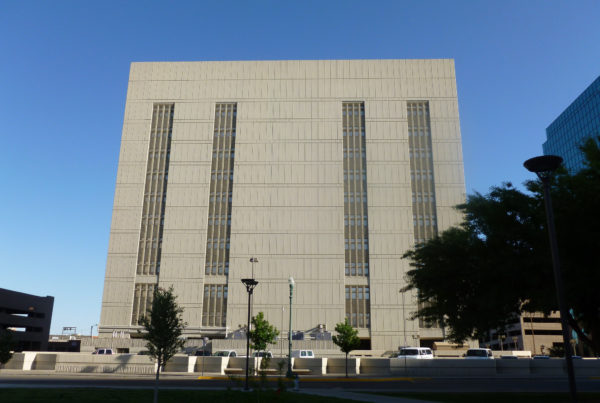For anyone making a list of obscure state programs with inscrutable acronyms – and who isn’t – try adding this one: ASATR. It stands for Additional State Aid for Tax Reduction.
If you’ve never heard of it, you probably don’t have to figure out how to keep a small rural school district going. But those smaller districts need ASATR to survive.
In 2006, the Texas Legislature lowered property taxes, which scared a lot of smaller, rural school districts that depended on that money. So ASATR was created to help cover funding gaps.
This fiscal year alone, the program will distribute about $400 million to 300 school districts across the state. But ASATR expires at the end of August because state lawmakers failed to renew the program.
So what happens now to the school districts that relied on it?
King Davis is superintendent of Sheldon ISD, located in unincorporated Harris County. He says his school district has received approximately $6 million from ASATR in each of the past few years.
Davis says losing the money will have a significant impact on his district.
“It’s going to really disrupt what we’re doing – obviously, trying to take care of our employees from a raise perspective,” Davis says.
He says his school district competes for employees with other, better-funded districts in Harris County and that not being able to increase pay puts his district at a disadvantage.
Davis says he had been hopeful that the Legislature would provide ASATR funding for at least a few more years, perhaps gradually reducing it over time. Even though the program was created as a short-term solution to reduced property tax revenue, Davis says that plan wasn’t realistic.
“That’s a bit absurd,” he says. “If you don’t give us a way to generate more local revenue, through taxes, then how can you pull that support away? That’s very counter-productive.”
Davis says most districts, including his, have been preparing for the end of ASATR. But he says the required downsizing has taken a toll on student achievement.
“In my humble opinion, oftentimes these decisions are made without gaining input from folks that are in the trenches that are dealing with this on a day-to-day basis,” Davis says.
Written by Shelly Brisbin.
















